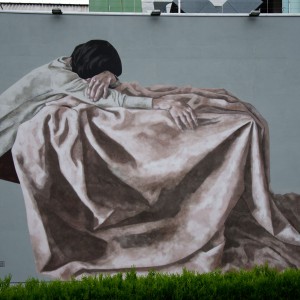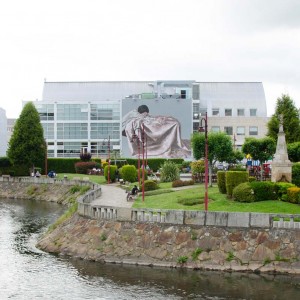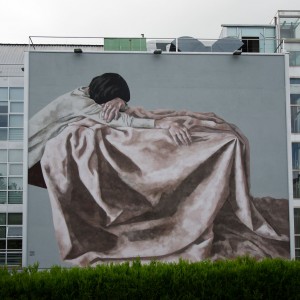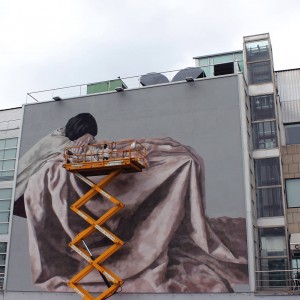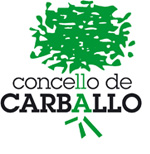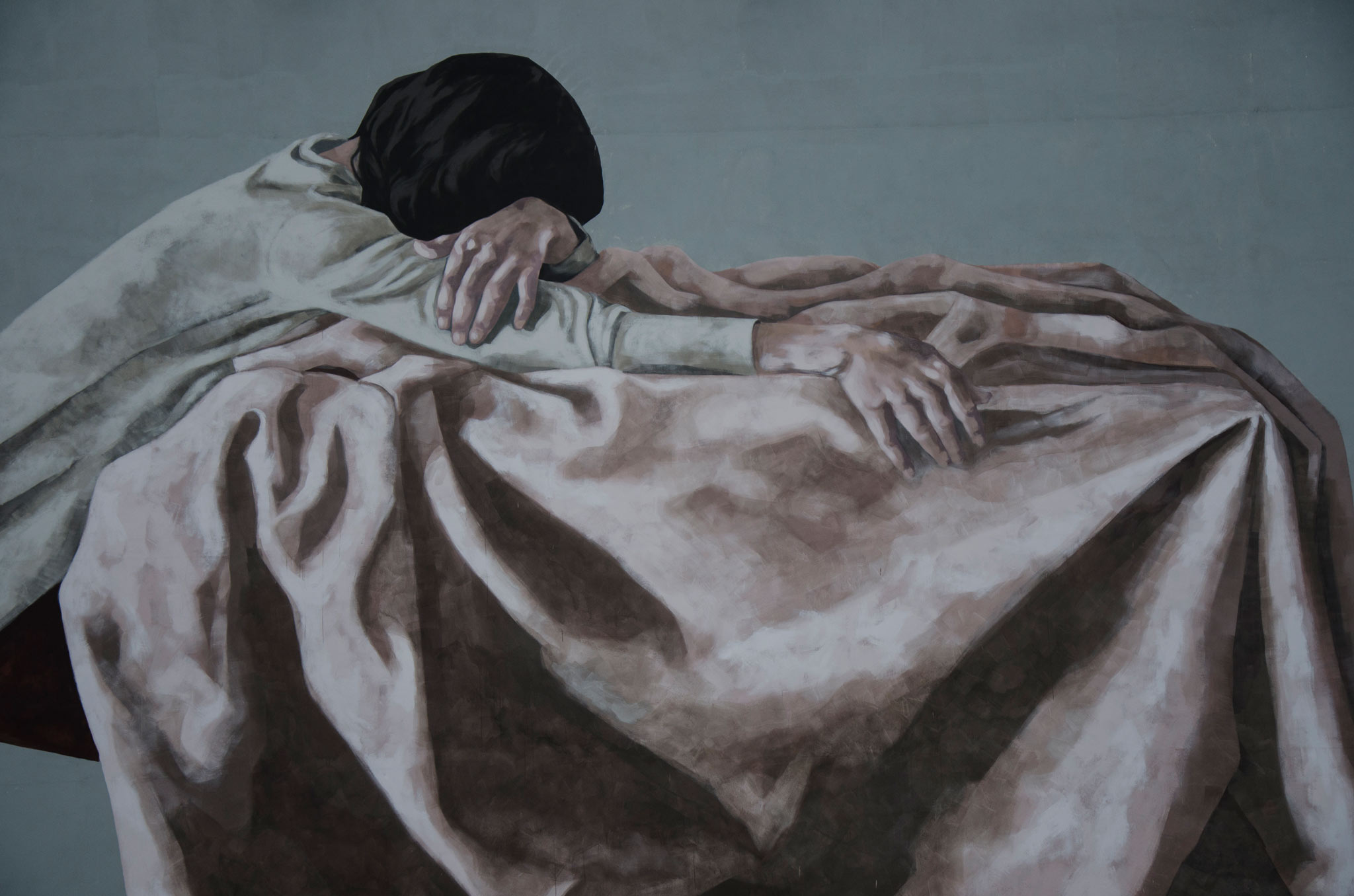
Morriña
- Hyuro (Hyuro )
Hyuro’s mural on the Carballo´s Pazo da Cultura main facade is entitled Morriña, a term so intrinsically Galician and endowed with so many meanings linked to the land, roots and culture. As it is the case with her previous work, the renowned Argentine artist creates a peculiar link between painting and the public, in the search for confrontation with the spectator and invites them to reflect through a subtle and delicate metaphorical language.
Hyuro uses the street as a space for research and continuous reflection, of liberation from our own fears, conflicts and concerns that we have with ourselves and with our environment. It aims to generate this union between painting and the public, awakening curiosity and rekindling the internal dialogue we maintain on who we are and the place we occupy in the world. Among many of the topics dealt with, the figure of women stands out, not only because of their condition of assigned gender within a patriarchal world, but also because women are subjected to different pressure and burdens imposed by this capitalist system. In this way, women become aware of the limits and conditions their bodies go through. The artist proposes a reflection on both individual and collective identity, questioning freedom as well as the conditions of a person’s fundamental and inalienable rights.
In this composition, in which the figure of a woman lies over a blanket in a position that seems to be crying or lamenting, it reflects on the passage of time and its consequences. From an anthropological point of view, culture is everything that does not come directly from nature. Based on this reflection, Hyuro uses this blanket as a visual metaphor of culture (Galician culture in particular) and all the traditions and customs lost with the evolution of modern times in which we live and the homesickness that comes from this loss in people.
“Morriña” is a Galician word that describes a feeling of nostalgia that, from an anthropological point of view, brings us closer to culture as a supplier of everything that is not a product of nature. In this case, the blanket represents metaphorically the culture and all those traditions and customs that they lose with the evolution of modern times”.

